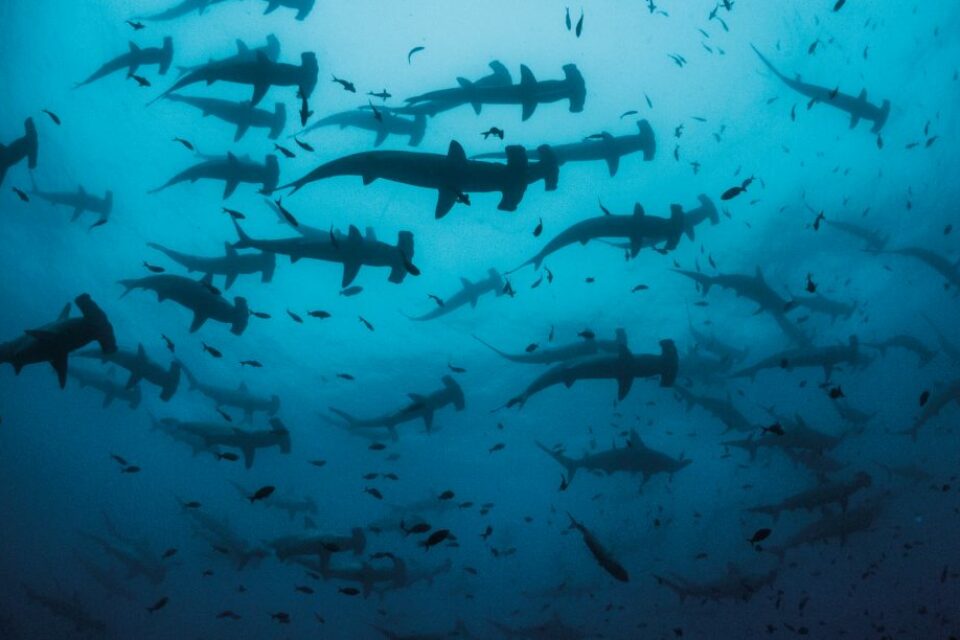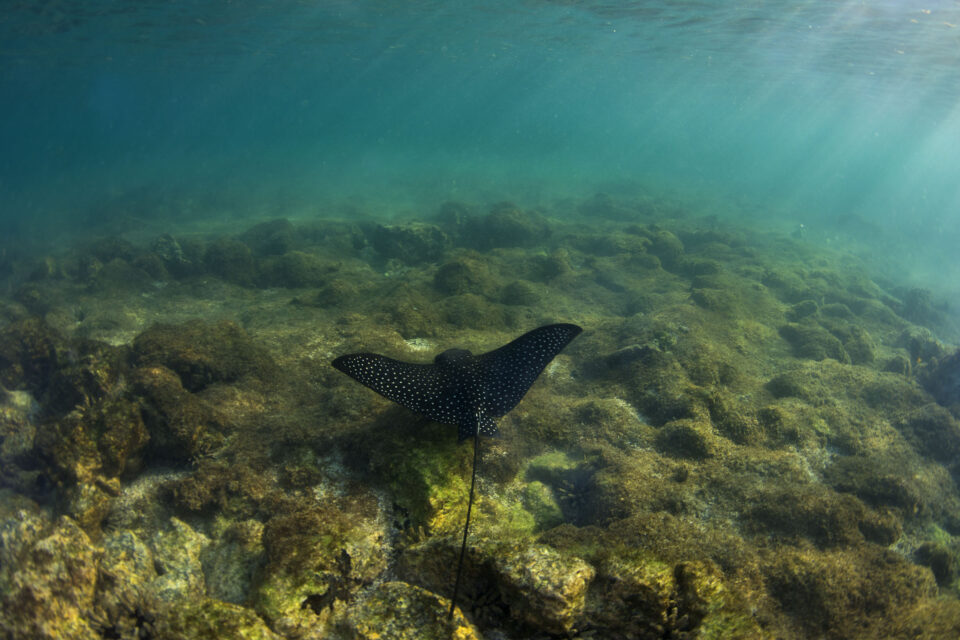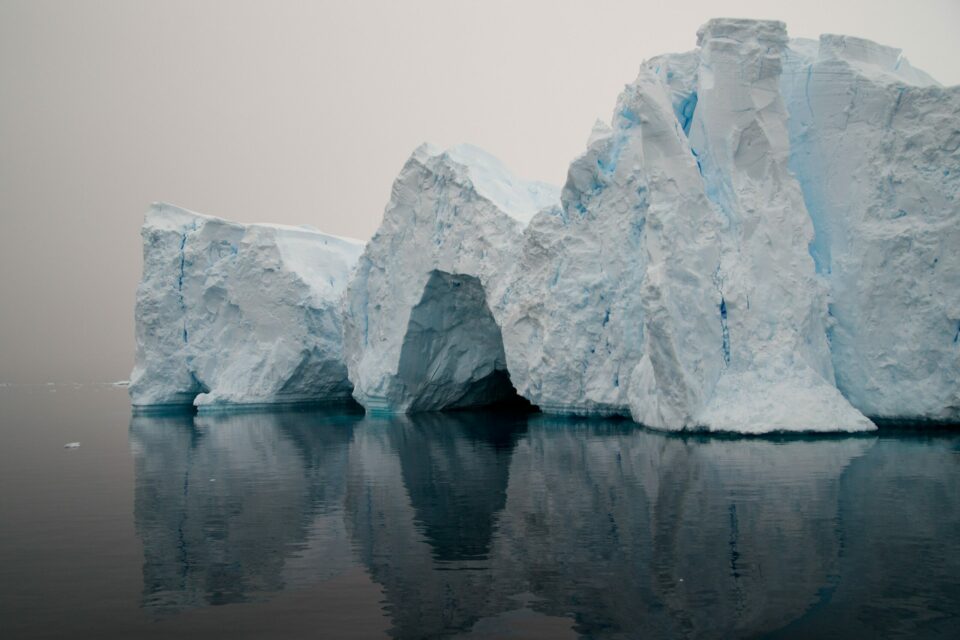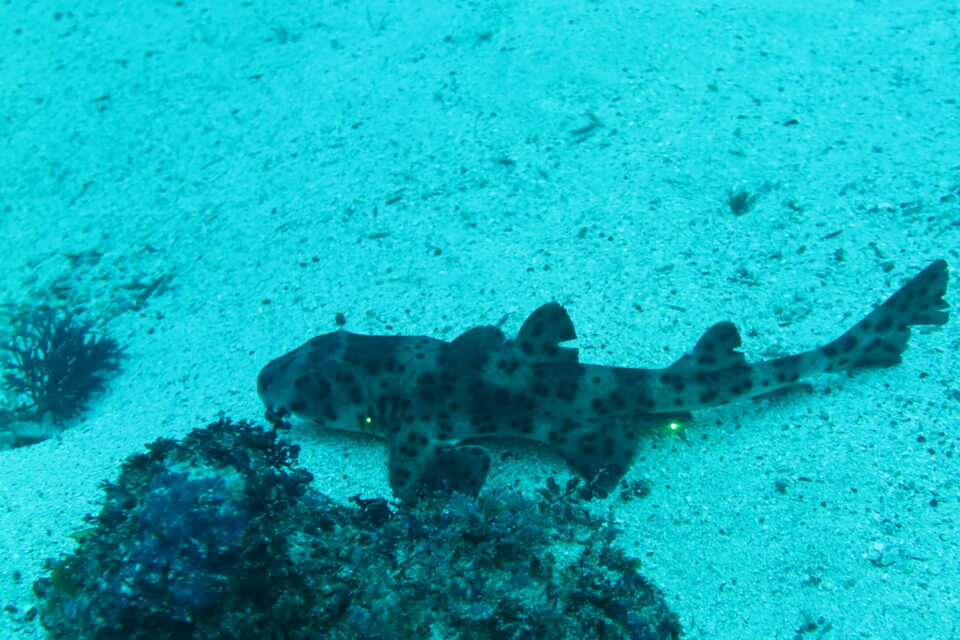

Galapagos Day 2020
In 2020, Galapagos Day went online for the first time due to the COVID-19 pandemic. At our webinar we discussed threats to marine life in Galapagos, introduced by GCT President, Monty Halls.
Thank you so much to everyone who attended our first-ever Galapagos Day webinar. We hope you will agree that it was a fascinating session, shedding informed light on both the wonders of the Galapagos Marine Reserve and the issues it faces.
We missed being able to see all our supporters in person this Galapagos Day. Though, one of the great benefits of being able to stream an online event is that just under 1000 people registered from over 45 countries! Your participation helped demonstrate the global concerns that we all share for Galapagos and its marine life.
If you missed the webinar or want to watch it again, you can catch the recording below.
We had a great introduction from GCT’s Chair, Charmian Caines, highlighting the threats to Galapagos from industrial fishing and plastic pollution. Then GCT’s President Monty Halls introduced Norman Wray, President of the Governing Council of Galapagos who inspired us all.
“Galapagos is a precious global jewel” – Monty Halls
Norman stressed that Galapagos is at a turning point and is deeply suffering the consequences of the pandemic. Since March, tourism has stagnated, and the Islands are moving towards an economic crisis. As well as the main threats we all understand, e.g. climate change and invasive species, Norman warned that poverty could be another threat to the vital ecosystem and shared that we need to find a way to support both people and nature. For example, Ecuador is working with many stakeholders, and as part of the Global Oceans Alliance, to address the balance between fisheries and the protection of the ocean. Norman’s take-home message was that we need to come together. We all need to learn the lessons from the pandemic and work together to protect Galapagos.
“The people of Galapagos are the first line of defenders of the natural world” – Norman Wray
Another fantastic benefit of being able to host Galapagos Day as a webinar was how much we were all able to interact with each other. The chat box and question box were constantly pinging with exciting questions and comments. We’ve answered all the frequently asked questions here.
It was so heart-warming to see everyone interacting and building a real community. Gina, one of our attendees, said “It is so so lovely to see so many people here tonight. I have supported GCT for a few years and have felt isolated in my support. I didn’t know you all existed! It is great to see so many hugely important questions being asked too” to which Milly replied “Absolutely, Gina! We’re all in this together”.
Our panellists, Yolanda Kakabadse, ex-Minister of Environment for Ecuador and former President of WWF International, Jonathan Green, founder of the Galapagos Whale Shark Project and Professor John Schofield, a contemporary archaeologist or ‘garbologist’ from the University of York, discussed with Monty the key threats of industrial fishing and plastic pollution.
We learned that 100 million sharks are killed each year from fishing around the globe. Yolanda highlighted the unsustainable nature of the industrial fisheries so near to Galapagos and Ecuador’s Exclusive Economic Zone, and that there are issues with fully understanding to what extent the activities that these vessels are undertaking. Yolanda stressed the key to tackling this issue is not to fight with nations like China but to invite them to be partners to the conservation of Galapagos.
“We just can’t lose 100 million sharks a year. We can all be part of the Fund for Hope. Thank you for an amazing seminar.” – Pippa, attendee
Jonathan Green shared with us the story of Hope the whale shark, who went missing earlier this year in an area of high industrial fishing effort. Instead of feeling defeated, GCT were able to support Galapagos Whale Shark Project’s first research trip since the shutdown of the Islands due to COVID-19, in which the team were able to tag a new whale shark, Coco. She made history as the first tagged whale shark to migrate from Galapagos to Cocos island, Costa Rica, along the exact proposed swimway route that GCT and many other partners are working so hard to protect.
“… let’s fund the science, find the proof, build the case and never give up!” – Miles, attendee
Professor John Schofield told us that another significant issue from industrial fishing is the increased plastic pollution coming from them. It is estimated that 30% of the marine plastic pollution found in Galapagos comes from industrial fishing fleets, mainly Chinese. 10% comes from the Islands themselves, and 60% from mainland Ecuador and Peru.
“Fabulous session raising some really important points and new perspectives. Really interesting, thank you” – Laurel, attendee
A comment from supporter Miles that we should ‘never give up’ really resonated with both the panellists and the audience, and became the take-home message from the webinar. There is a part for us all to play in the conservation of the Galapagos Islands.
“As a conservationist, this event and everyone’s comments and support are making me so happy – I feel very hopeful for conservation in Galapagos and the future of the Islands. If we can’t achieve sustainability and environmental protection in Galapagos then, where can we? They can be an example to the world.” – Sophia, attendee
How you can help
Your contribution will fund action to help us protect the precious wildlife of Galapagos from threats such as plastic pollution and industrial fishing. We are thrilled to let you know your donations helped us raise a fabulous £4,070 on the night for our Fund for Hope, but there is so much more we can do together.
Try out our new Citizen Science Website
Get directly involved in vital marine conservation work, including helping to make Galapagos plastic pollution free.
Find out more about our programmes
Learn more about our Endangered Sharks of Galapagos and Plastic Pollution Free Galapagos programmes which were mentioned in the webinar.
Related articles


A week in the life of a female marine researcher

Galapagos and the Antarctic: A look beneath the surface


